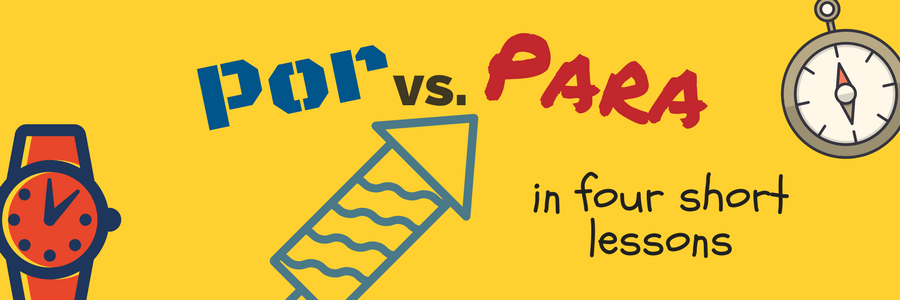

More examples of Para in this explanation about Por and Para in Portuguese: "Para quê faz dieta?" - "what do you diet for?" In short, for what PURPOSE and towards what objective? or "Para passar no exame, preciso de estudar" - In order for me to pass the exam, I need to study".

As the purpose of something, you'd use the English words "FOR" "TO" or "IN ORDER TO", e.g.

"O comboio para Lisboa é às 18.00 horas." - "The train to Lisbon is at 18.00 hours." or "Eu vou para o norte." - "I'm going towards north". As direction or destination, you'd likely use the English words "TO" or "TOWARDS", e.g. You reply to the questions: What do you do that for? What is the purpose of that? Towards what end? When you use PARA, you look forward as an aim. POR means "BY", "FOR", "THROUGH", "VIA"(in this 2 last cases, expressing movement). PARA (often pronounced "Pra" or "Pro" if followed by a word commencing in "a" or "o" respectively) basically means "TO", "FOR", "TOWARDS" and "IN ORDER TO", whereas Perhaps, in order for you to understand them better you may need to understand their concepts first.īoth of the words "Por" and "Para" in Portuguese may be mainly understood as "FOR" or "TO" in English, however the distinction may be confusing, especially when you need to use them in writing or when speaking. I'm sure you landed on this page because you may want to understand or clarify the difference between the prepositions The difference you always wanted to know.Ĭonfused about the words Por and Para in Portuguese?


 0 kommentar(er)
0 kommentar(er)
